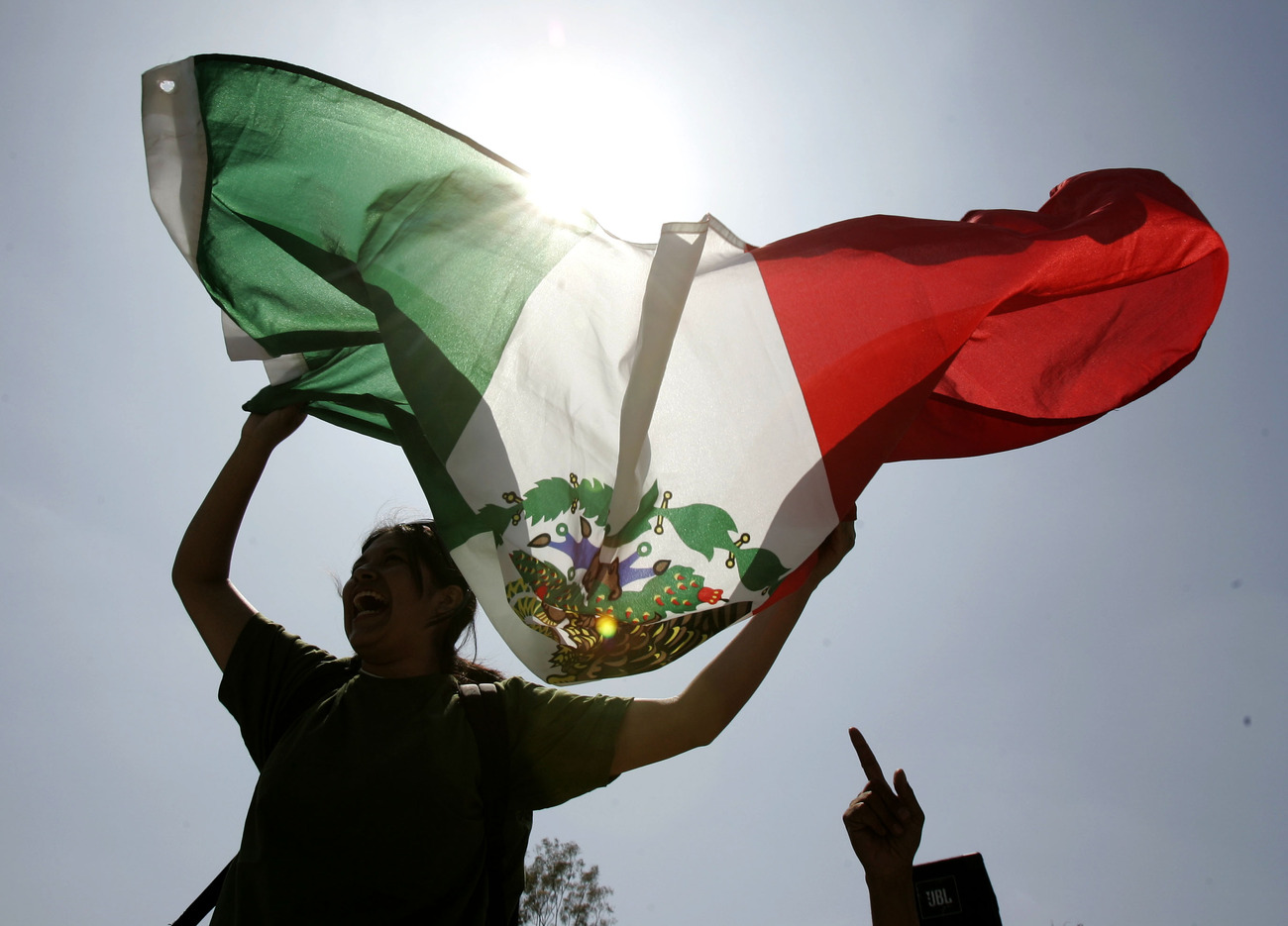Explainer: Elections in Chile
Explainer: Elections in Chile
Chile holds legislative and presidential elections on November 17. What do polls say, what are voter rules, and how could recent legislation affect turnout?
On November 17, Chilean citizens will cast their ballots to elect a new president and to vote for National Congress members. Legislative and presidential elections are held in conjunction every four years. AS/COA Online explains the rules and requirements involved in the Southern Cone country’s presidential election process.
Explore by section:
- Term length and reelection: In Chile, presidents are elected to serve terms of four years. While seeking immediate reelection is forbidden by the Constitution, unlimited non-consecutive reelection is permitted. The president-elect is sworn in on the last Sunday of the predecessor’s term, which is in March. The next inauguration will take place on March 11, 2014.
- Requirements to win in the first round: The first round of presidential elections occurs the third Sunday of November. In order to avoid a second round vote, the winner must obtain an absolute majority of the votes. If no candidate receives more than 50 percent of the vote, a runoff is held between the two candidates who received the highest number of first-round votes. In this case, second-round elections would be held on December 15.
- Poll: According to October 30 poll data, former President Michelle Bachelet of the Concertación coalition is favored to win her second bid for the presidency, garnering 47 percent. Evelyn Matthei of the conservative Alliance coalition is Bachelet’s top contender but polls at 14 percent. Seven additional presidential candidates will be on the ballot on November 17.
In Chile’s legislative elections, all 120 seats in the Chamber of Deputies are up for grabs while half of the Senate—20 seats—will be up for renewal. Deputies serve four-year terms while Senators serve eight-year terms.
Voter Rules, Registration, and Turnout
Chilean citizens aged 18 years and older and foreigners who have lived in Chile for at least five years are eligible to vote in the national elections. However, hundreds of thousands of Chileans outside of the country cannot vote. An initiative known as Todos Somos Chilenos (We’re All Chileans) is organizing a symbolic presidential vote to allow for expatriates to participate and call attention to their cause.
Prior to January 2012, when Voting Law 20.568 went into effect, casting a ballot was compulsory for eligible citizens. While November 2012 municipal elections were the first under the auspices of the voluntary suffrage amendment, this will be the first presidential election cycle in which voting will no longer be mandatory. In the past three presidential elections, voter turnout ran at 86 to 88 percent. The 2012 legislation also automatically registered all Chileans over the age of 18, increasing voter ranks by 55 percent. For that reason, there are now roughly 13.4 million registered voters, up from approximately 8 million in 2010. The change from mandatory to voluntary voting could affect the turnout percentage, but this election will have a much larger pool of registered voters.







